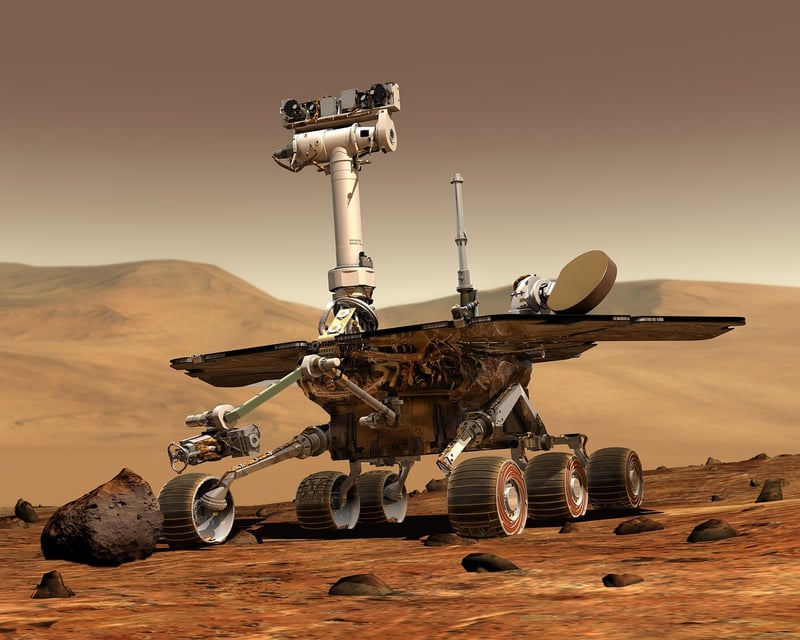Robotics Research
The Role of Robotics Research in Driving Progress and Innovation
In today's rapidly evolving world, robotics research plays a crucial role in driving progress and innovation across various industries. From manufacturing to healthcare, robotics has the potential to enhance efficiency, improve safety, and unlock new possibilities. Let's explore how robotics research is shaping the future and revolutionizing the way we work and live.
The Impact of Robotics Research
Robotics research is at the forefront of technological advancements, constantly pushing boundaries and exploring new frontiers. By harnessing the power of artificial intelligence, machine learning, and advanced sensors, researchers are developing robots with unprecedented capabilities.
Key Areas of Focus in Robotics Research
- Autonomous Systems: Researchers are working on creating autonomous robots that can perform tasks independently, without human intervention. These robots have the potential to revolutionize industries such as transportation, agriculture, and logistics.
- Human-Robot Interaction: Improving the interaction between humans and robots is a critical area of research. By developing robots that can understand and respond to human emotions and commands, researchers aim to create more intuitive and user-friendly robotic systems.
- Soft Robotics: Soft robotics focuses on creating robots with flexible and adaptable structures, inspired by natural organisms. These robots are ideal for delicate tasks in healthcare, rehabilitation, and exploration.
- Ethical and Social Implications: As robotics technology advances, researchers are also exploring the ethical and social implications of widespread robot adoption. Addressing issues such as job displacement, privacy concerns, and ethical decision-making is essential for responsible robotics development.
Real-World Applications of Robotics Research
The impact of robotics research can be seen in various real-world applications, transforming industries and improving quality of life. Some notable examples include:
- Manufacturing: Robotics research has revolutionized the manufacturing sector, enabling automation of repetitive tasks, increasing efficiency, and ensuring consistent quality.
- Healthcare: Robots are being developed for tasks such as surgery, rehabilitation, and elderly care, improving patient outcomes and assisting healthcare professionals.
- Exploration: Robots are used in exploration missions to environments where human presence is challenging or hazardous, such as space exploration and deep-sea exploration.
The Future of Robotics Research
As robotics research continues to advance, the future holds exciting possibilities for innovation and progress. Researchers are constantly pushing boundaries, developing robots with enhanced capabilities, intelligence, and adaptability. By collaborating across disciplines and embracing creativity, robotics research is set to shape the future in profound ways.
Join us in exploring the endless possibilities of robotics research and its transformative impact on society!

Learn more about robotics research here.
